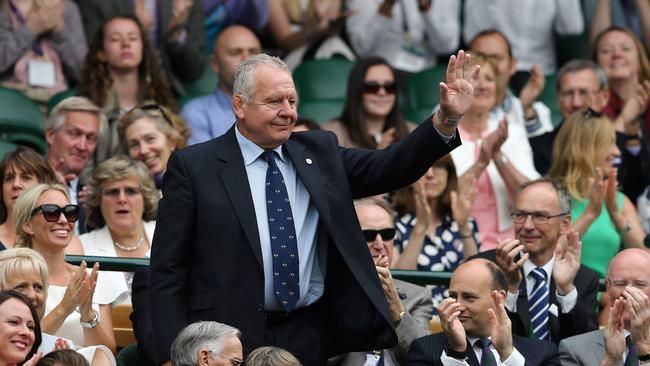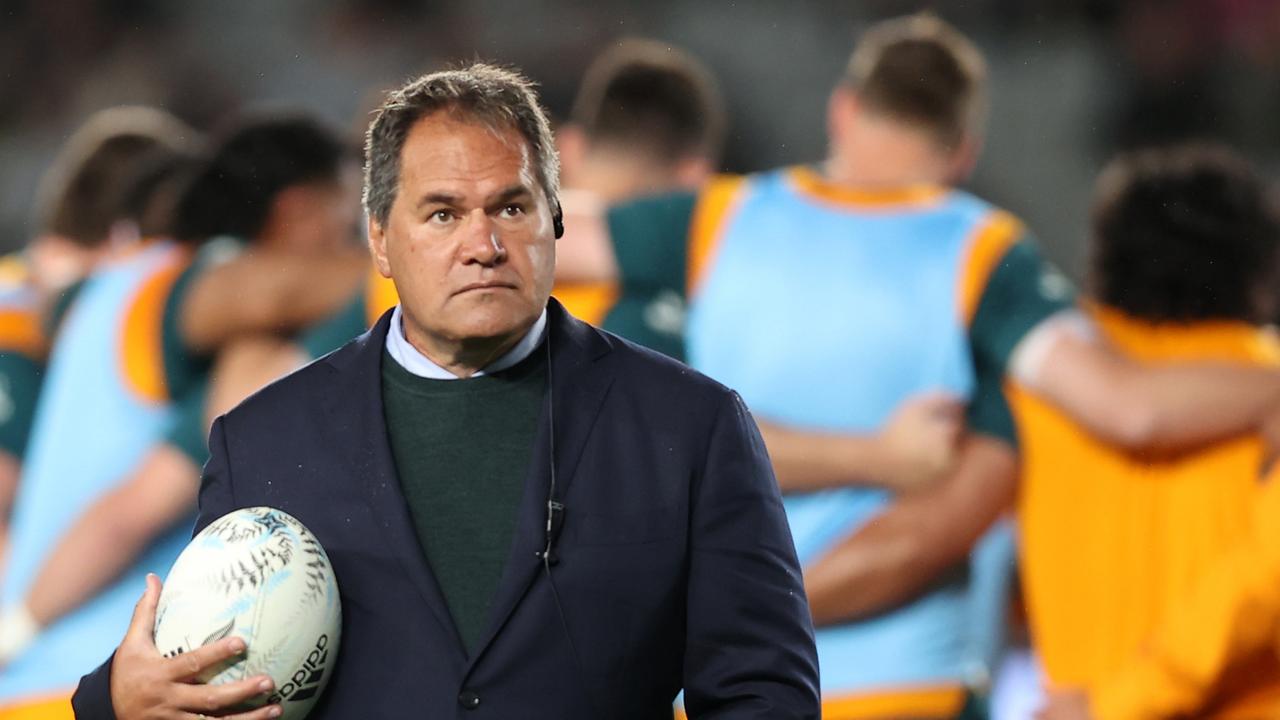Why Beaumont is the wrong man for rugby’s future
Four years ago, almost to this day, I wrote a column under the headline “Beaumont not the right man to lead the world game”. Nothing has changed since.

Four years ago, almost to this day, I wrote a column under the headline “Beaumont not the right man to lead the world game”. I argued that rugby needed a different type of leader and I am sorry to conclude that I was right.
No change, now, four years on. Bill Beaumont was announced as the winner of the election to be chairman of World Rugby on Saturday — so he will serve a second term. This time round, though, there is a growing chorus that doubts Beaumont’s skills to deliver the kind of radical change that the game needs. Please, Bill, prove us all wrong this time.
On Sunday, Beaumont reiterated that his manifesto for a second term was all about “change, reform and ambition”. These were the perfect words; the question is whether he will be true to them.
Just for instance, listen to this. In a world of ambitious reform, one of the changes that the game needs is for the Six Nations to introduce promotion and relegation. It doesn’t have to be a straight one-up and one-down every year. There are various different ways of doing this. The point is that rugby needs it; to help to grow the game in Europe outside of the six, there has to be a pathway to the elite.
Last year, when the Six Nations unions decided to reject World Rugby’s plans for a new, lucrative “Nations Championship” tournament, it was in large part because they didn’t want promotion and relegation.
So on Sunday, when Beaumont talked about the “appetite to revisit the Nations Cup”, he was asked if the Six Nations would therefore be required to shift on promotion and relegation. In his answer, he said that “the Six Nations is owned by the Six Nations” and talked about a future that “keeps the Six Nations as a standalone competition”. In other words, don’t touch.
He was then asked if his role as chairman wasn’t to persuade the Six Nations of the need for change. His reply was: “My job is hopefully to get consensus from everybody in the game.”
These are not the words of an agent of ambitious change. There is no sound, here, of cages being rattled.
One of the other stumbling blocks in the world game is the revenue imbalance between the two hemispheres. The north makes far more from international games than the south. The southern nations have therefore argued for a revenue share. They have never had a more desperate need for it than now. Brent Impey, the chairman of New Zealand Rugby, said on Sunday that one of the reasons his country had voted against Beaumont in the leadership election was because there had been no progress on revenue sharing.
Yet when asked if he envisaged revenue sharing in the future, Beaumont said that this was a subject “for the unions to discuss”. He did add that “if it comes to the table”, World Rugby would debate it.
He didn’t say that World Rugby would grab the subject and shake it until it got an answer. He didn’t even say that he would be proactive. If the subject is not brought to his in-tray, effectively, it’s not his business.
So how would he bring about sweeping change? His answer was: “I like to think that throughout my rugby administration, I have been able to reach consensus.” Indeed, Beaumont does have a reputation for bringing people with him, but is that even still the case?
His election victory was only marginal: by 28-23. There is a growing frustration with the pace of change under his leadership. When he attempted to bring in the Nations Championship last year, he failed. This is not consensus.
For now, my understanding is that the only form of Nations Championship that is anywhere near the starting blocks is a second division made up of emerging nations. This is a great initiative, to be widely applauded, but it is not going to solve the problems in the top tier and the economic meltdown therein.
And any consensus for change at the top will be harder to reach now than it was a year ago because CVC, the private equity house, is a new and influential stakeholder — and it has its eye on a very different prize to the rest of the game.
The essential problem here is that the leader of the world game has an unfeasibly hard job on his hands. Beaumont wasn’t able to pull it off in his first term, so I am not persuaded as to why he is likely to in his second. All those Six Nations countries that voted for him — did they do so because they wanted change or because they thought he represented the status quo?
So please, Bill, disabuse us. Dispel the doubts. Shake up the game. Fight valiantly for change. And go chasing it. Do not wait until the ludicrously undemocratic body you lead drops it in your in-tray one day.
THE TIMES


